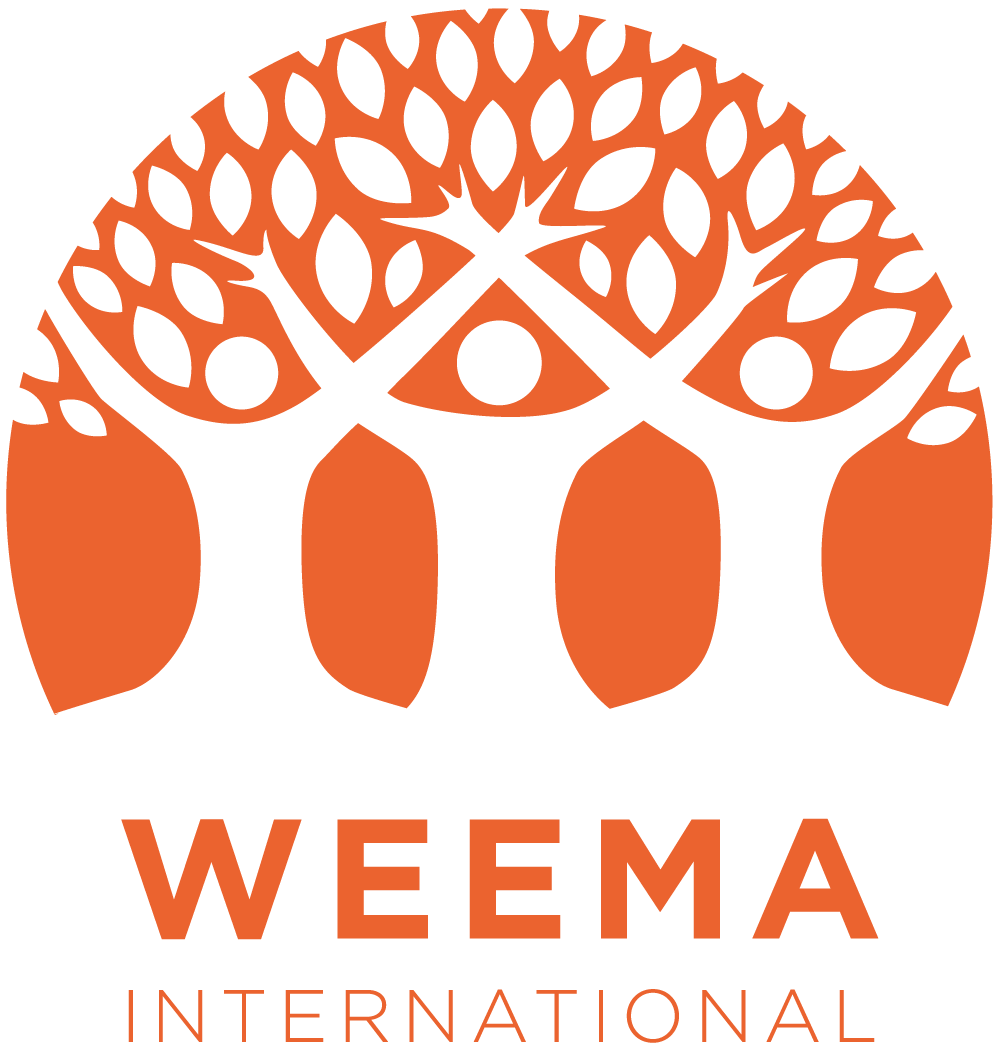School Eyeglasses
THE ISSUE
A common eye disorder known as refractive error is a growing concern among school children in rural Ethiopia. Refractive error, including conditions like myopia (nearsightedness), hypermetropia (farsightedness), and astigmatism, prevents children from seeing images clearly, thus limiting a child's ability to learn and overall quality of life. Refractive error can easily be treated with eyeglasses.
Despite the global significance of this issue, refractive error often goes undiagnosed and untreated, particularly in lower-income countries and rural regions where access to eye care services can be limited. Rural Ethiopia, with its scarce healthcare resources and lack of eye care professionals, presents a unique set of challenges.
Studies have suggested that the prevalence of refractive error- more than 6 percent- among school children in rural Ethiopia is significant, and often comparable to the rates observed in urban settings. Contributing factors may include genetic predisposition, environmental influences, and lifestyle behaviors. However, due to inadequate screening and limited access to corrective measures such as glasses, these children may struggle with daily activities, including academic tasks that require clear vision. This has severe implications for their educational progress and future opportunities.
Furthermore, the issue is compounded by the general lack of awareness regarding eye health and the importance of regular eye examinations in these rural communities. Misconceptions and stigma around wearing glasses also contribute to the low utilization of vision correction services.
WEEMA’S COMMUNITY-LED INTERVENTION
WEEMA works with government schools, the local hospital eye department, and our NGO partner- the Himalayan Cataract Project, to perform annual school vision screening campaigns. Durning these campaigns, we screen thousands of students and teachers and provide free glasses for all those diagnosed with refractive error. We also support strengthening school eye clubs to educate about eye health as well as address the stigma of wearing eyeglasses.
FUNDING AND IMPLEMENTING PARTNERS
HIMALAYAN CATARACT PROJECT
SCHOOL EYEGLASSES LOG FRAME
(What is a log frame? A logical framework, often referred to as a log frame, is a planning tool used in international development to design, implement, monitor, and evaluate projects. It establishes a coherent structure to identify and express the project's goals, objectives, activities, inputs, outputs, outcomes, and impacts, while also defining the indicators for measuring success and identifying potential risks and assumptions. This framework fosters accountability and ensures that projects are effectively addressing identified needs and expected results.)
LONG TERM DATA
SUCCESS STORY
Yisak participated in our first-ever school-based vision screening. Yisak had dropped out of school earlier in the year because he struggled with poor vision and bullying by classmates. His poor vision impacted every part of his life- he couldn't walk safely anywhere because he couldn’t see what was in front of him- oftentimes bumping into people and things and getting hurt.
At school, he could not see the chalkboard or write- his teachers helped as much as they could, but he depended on someone to help him every single day. Despite being a motivated student, his poor vision made it nearly impossible to participate and stay in school.
Fortunately, Yisak was among the first students identified by his teachers to be evaluated at our school-based vision screening program. He was screened, diagnosed with refractive error, and received a pair of glasses- a pair of glasses changed his life dramatically.
Yisak reports that his glasses had helped every part of his life- he can now see everything and everyone clearly and feels much more confident. Yisak is back in school and is a great student!


